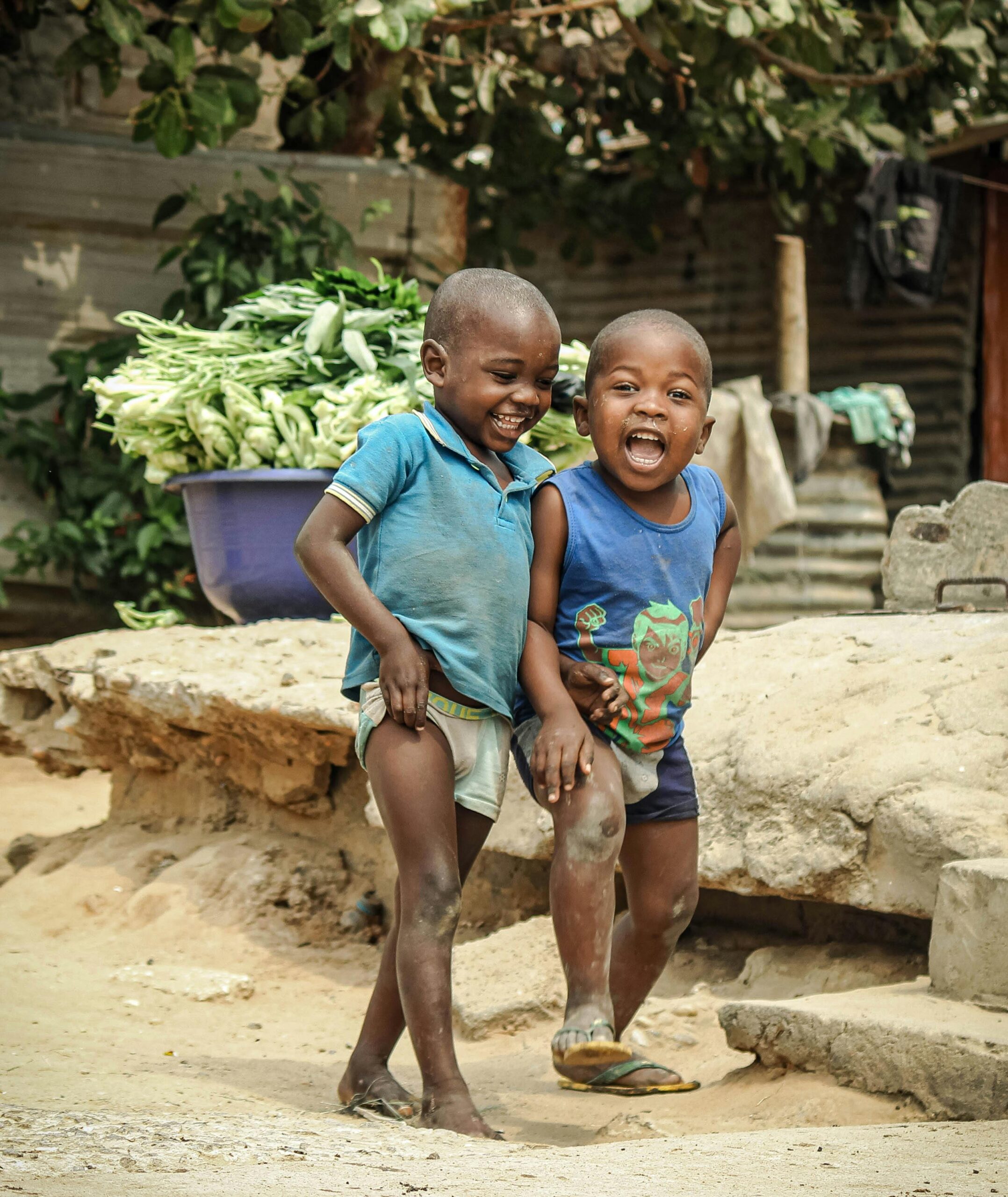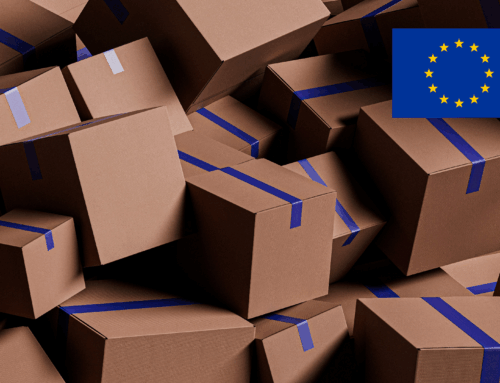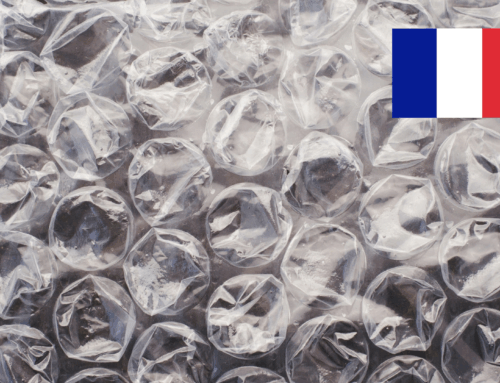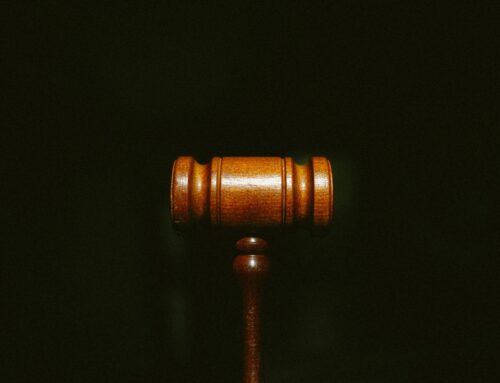1 million Angolans are to gain access to electricity through MCA Germany’s electrification project. Rui Gomes and Florian Schneider report in an interview with GTAI.
The German subsidiary of the Portuguese MCA Group is implementing a project for rural electrification with solar power in Angola. The project manager is Rui Gomes, Managing Director of MCA Deutschland GmbH. Together with Florian Schneider, Continuous Improvement Specialist Supply Chain Management at MCA, he explains why it is so special to realise a global gateway lighthouse project – and that it is sometimes not so easy to find German suppliers.
Mr Gomes, Mr Schneider, your electrification project aims to supply 200,000 Angolan households with electricity. Where are you currently in the project?
Rui Gomes: We have been in the implementation phase since 2023 and are currently pulling up the infrastructure. The project realisation was preceded by a long development phase, as with most of our projects. Some of the rural areas in Angola are sparsely populated and the distances are great. Sometimes there are not even suitable roads. But we need them to transport our sometimes sensitive materials. That’s why our project covers everything – from building the basic infrastructure to the meter in every single household. In total, we will generate 250 megawatts of solar power, install 600 megawatt hours of battery storage and implement the entire distribution grid in high, medium and low voltage to supply 1 million Angolans in five provinces with electricity. The project is scheduled for completion in 2026.
Was MCA already active in Angola before?
Florian Schneider: Yes, MCA has been in Angola for over 20 years. Before our electrification project, we had already implemented a large number of projects, mainly in the areas of infrastructure and energy supply. We built a 370-megawatt photovoltaic project in Angola, which is the largest solar plant in sub-Saharan Africa and supplies more than 2 million people with electricity.
Your electrification project in Angola is a global gateway lighthouse project. How did this come about?
Rui Gomes: We believe that our project was selected as a lighthouse project of the Global Gateway initiative because it is of strategic importance for Angola and Africa. We are showing that large investments in green energy in Africa can be both feasible and transformative – with innovative technologies and without CO2 emissions.
What’s more, we are already in the implementation phase. Many other projects of this size are still in the planning phase, and there are often still many uncertainties, such as the question of financing.
Has anything changed for MCA since the project became a Global Gateway Flagship?
Rui Gomes: Our visibility has increased significantly. This is great and will hopefully encourage other companies to realise projects in developing and emerging countries. This project has a contract value of over 1 billion euros, the financing was arranged by Standard Chartered Bank, financed by a consortium of several German banks and backed by Euler Hermes credit guarantees. That’s why we also needed the approval of the German Bundestag. That got us noticed.
Do you also have direct contact with the EU?
Rui Gomes: Yes, but we are focussing more on our relationships with the German institutions. As our project is covered by Euler Hermes export guarantees, we have to fulfil certain conditions. For example, a significant percentage of our suppliers must be German. Our aim as a German company is to use as many German components as possible. We always focus on high-quality technologies and products with a long service life and warranty. Unfortunately, it is sometimes more difficult to find German suppliers than we would like.
What do you mean by that?
Florian Schneider: The different norms and standards are challenging. One example is diesel petrol, which many of our machines in Angola run on. Engines manufactured in Europe only work with diesel, which is authorised on the European market. However, these engines do not work in Angola because the diesel has a completely different composition. We face similar challenges when using transformers or other devices.
In addition, many German manufacturers currently have limited supply capacities, especially when we are talking about large quantities. One example: German cable manufacturers are busy expanding the grid in Germany and are sometimes contractually bound for years. This makes it difficult to include these products in our projects with Africa.
What would you like to see?
Florian Schneider: Firstly, a diversification of procurement structures. If the large German network operators block all suppliers, nobody will get a chance. On the other hand, harmonisation of norms and standards would be important. One example: In Angola, special glass insulators are normally used. In Germany, however, we only produce mixed high-tech insulators. For good reason – it is a more advanced technology. But the standard is not public. There would have to be much more transparency here if such technologies were to be used in Africa.
What’s next for MCA? Are you planning further projects in Angola or other African countries?
Rui Gomes: Definitely. We have a large project pipeline in Angola and would like to use our expertise and experience from Angola to implement infrastructure, renewable energy and electrification projects in other African countries in particular.
Source: GTAI






